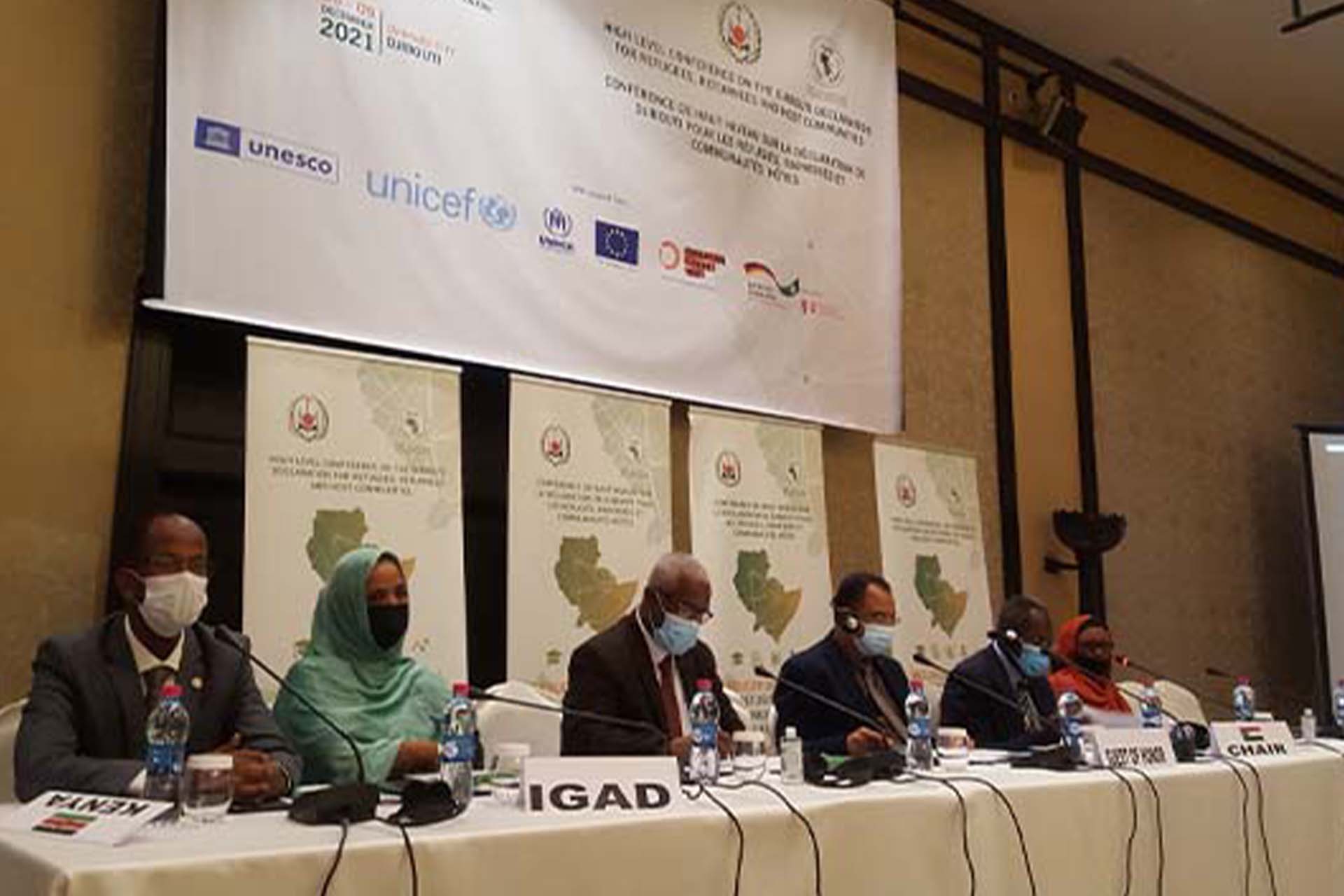November 9, 2021 (Djibouti, Djibouti): The Intergovernmental Authority on Development (IGAD) High-Level Regional Experts on the Implementation of the Djibouti Declaration on Education for Refugee, Returnees and Host Communities, today concluded a four – day Conference in Djibouti and adopted recommendations for the next three years (2022-2025).
After four days of intensive and fruitful deliberations the High-Level Regional Education Experts from the IGAD Member States came up with recommendations and all for concrete commitment of partners to support the implementation of the Djibouti Declaration and its plan of action on refugee education in IGAD Member States.
In his closing remarks, the Permanent Secretary, Ministry of Education, Republic of Djibouti, Mr. Mohamed Abdallah Mahyoub, said that the Republic of Djibouti achieved to integrate the education of young refugees in the national education system.
“The objective of our country is to achieve universal and inclusive schooling of children and young refugees throughout our territory” Mr Mahyoub said. He also called for member states to share the Republic of Djibouti’s experience.
The Director of Health & Social Development Division of IGAD, Ms Fathia A. Alwan, expressed her thanks and sincere appreciation to IGAD member state experts and partners for their continued financial and technical support, notably, the Government of Germany through GIZ, Education Cannot Wait, UNESCO, UNICEF, UNHCR, and the EU.
The four -day event brought together high level experts responsible for education and discussed a wide-range of issues, including inclusive education, scholarship for refugees, Regional Qualifications Framework (RQF) and lessons from the IGAD Teacher Training Initiative.
The Meeting was attended by all core taskforce members (GIZ, EU, UNHCR, UNESCO, ECW, UNICEF and German cooperation), the IGAD Development Partners Forum and other partner agencies.
The IGAD High-Level Regional Experts Conference stressed, among others, the need for ensuring synergy between education, skills development and youth employment on refugees, IDPs, returnees and host communities in the IGAD region; and served as a preparatory meeting for the ministerial session scheduled for March 2022.

